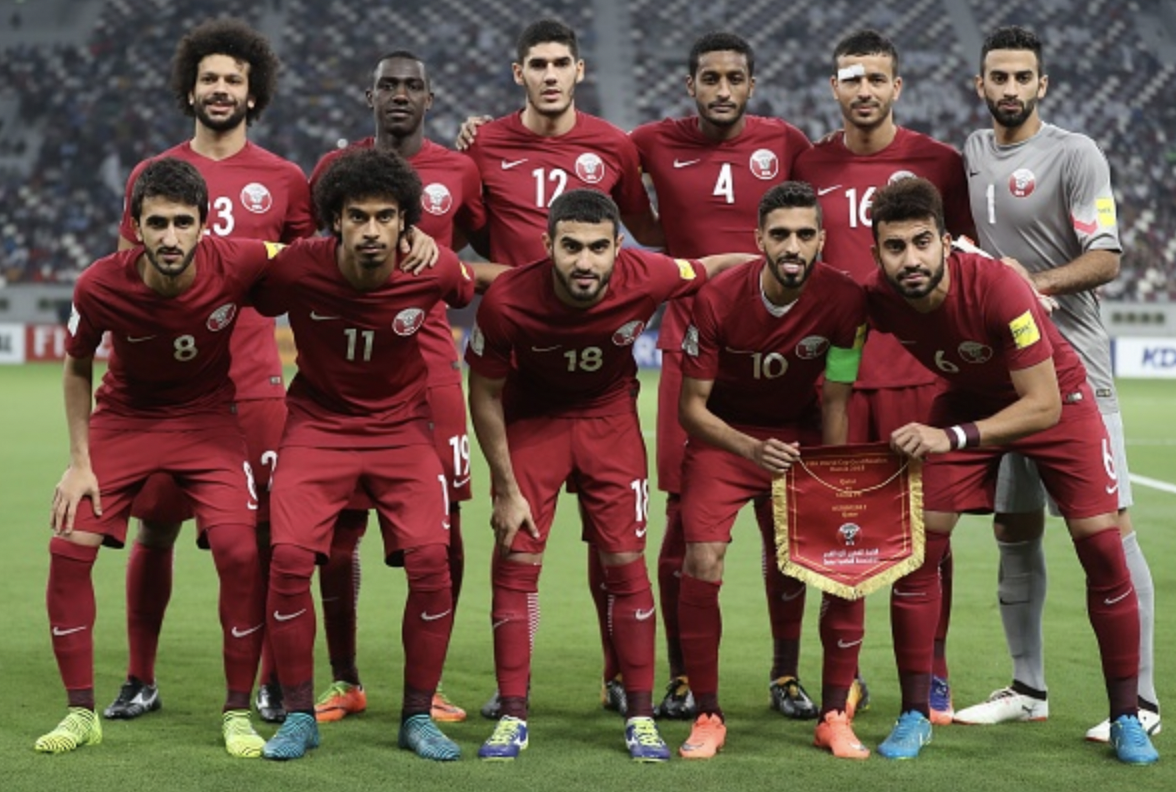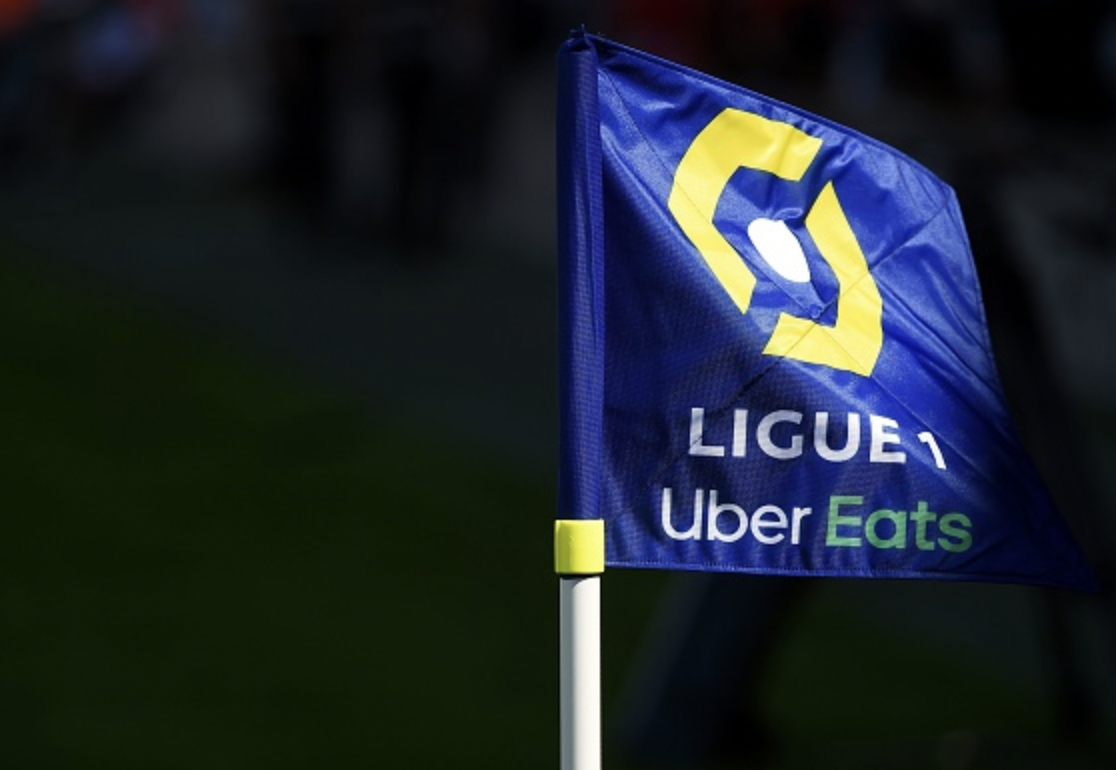July 28, 2022
The brief from today:
Qatar’s long-term World Cup preparation
With the World Cup commencing in November, most national teams will only meet once in September before the final squads are announced shortly before the start of the tournament. Qatar, however, are doing things differently as the host nation is opting for a six-month training camp that has already started. Players are currently assembled for a European leg of their preparations, which includes a period in Spain followed by one in Austria. The 27-man squad currently has friendlies scheduled against Morocco, Ghana, and Jamaica to supplement their training sessions. While they will play those friendlies, the timeframe of the camp inevitably means that squad members will miss competitive matches. Most of the players ply their trade in the Qatar Stars League, which commences in August, but their respective teams will have to do without them. The goal of the extensive camp is meant to sharpen the team’s understanding of coach Felix Sanchez’s tactics, as well as to create team cohesion and unity. The environment isn’t completely restrictive as players’ families are allowed to visit, and the squad members themselves are permitted to make short trips back home as well. There is precedent for this sort of preparation as South Korea, 2002 World Cup co-hosts, held a lengthy training camp lasting five months. In Korea’s case, they would eventually reach the semifinal of that tournament, and Qatar will be hoping for similar levels of success. The gulf nation kicks off the tournament in the opening match against Ecuador on November 21, and that will be the first indicator of the effects of the training camp.
Qatar will hope a six-month training camp helps them at the World Cup
Pogba and France have decisive months ahead
French midfielder, Paul Pogba, made his return to Juventus after spending the past six years at Manchester United. The Italian side have been on a US preseason tour, and Pogba took part in the first friendly against Chivas before complaining of pain in his right knee. Tests were performed and it was discovered that there was damage to his lateral meniscus. Pogba is scheduled to see a specialist today, and it is now being reported that there are two solutions on the table. Option one would focus on clearing just the damaged part of the meniscus, and the second option is a full repair of the knee. With the first approach, the total recovery time would be approximately six weeks, while the latter option would take Pogba out for the rest of 2022. More clarity will arrive over the next few days depending on the route the medical staff and Pogba opt for, but with the World Cup just four months away there is concern building. Long term welfare of the player is most important when choosing treatment, but with Pogba playing such an influential role in France’s World Cup victory in 2018, they will certainly be hoping for a quicker solution. Juventus, meanwhile, are the ones making the investment in the player, and they won’t be quite as concerned with the World Cup, but more so what ensures Pogba’s availability for the long term.
Both Pogba and France will be hoping for a quick recovery before the World Cup
Climate change in French football
The French government is weighing up a massive change to scheduling of matches in the country. The Minister of Sports, Amelie Oudea-Castera, has mentioned the possibility of banning sporting events after sunset. The motivation for this is said to be climate change, and energy saved from operating floodlights at night is meant to be a contribution to the fight against that issue. In collaboration with the Ecology Minister, Christophe Bechu, Oudea-Castera said they could potentially make the drastic change by the end of this year. In her statement the Sports Minister said, “We’ve decided to take the bull by the horns on this issue, it could be that, this winter, sport is at the heart of our desire to support ecological change.” Of course, increased energy costs due to the Russian invasion of Ukraine could also be contributing to the government’s line of thinking. Halting evening sporting events is one way Oudea-Castera and her colleagues aim to save money, but it’s also easier said than done. On the subject of money, paying fans would find it difficult to make it to early matches because of work schedules, and TV companies would not be pleased with the disruption to the prime time evening schedule, not to mention the congestion of matches. So whether the true motivation for such a ban is the climate, or if it’s more so financially driven, the government will certainly face some resistance before they can institute these changes.
There may no longer be night matches in France




